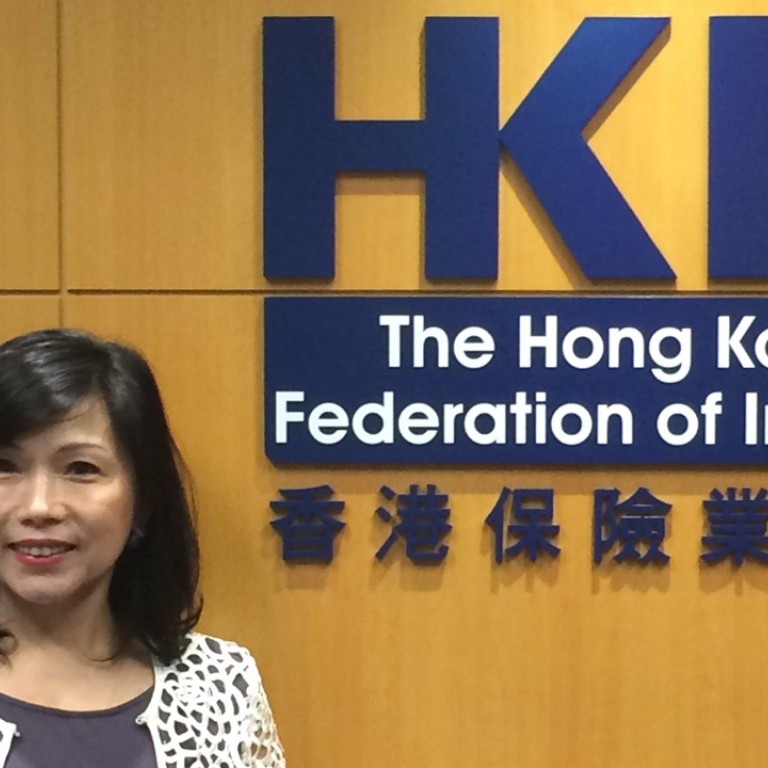
Hong Kong’s new voluntary health insurance scheme to target young buyers with ‘attractive’ tax breaks
Plan expected to be announced early 2018, the Post has learned
Bigger tax breaks will be given to young Hongkongers who join a medical insurance scheme recognised by the city’s health authority under a new plan to be announced early next year, the Post has learned.
While the government will not change the current tax base of two million taxpayers, the Food and Health Bureau and the Treasury are working on details of how the Inland Revenue Ordinance can be amended to allow additional tax deductions.
Elaine Chan Sau-ho, deputy chairwoman of the Hong Kong Federation of Insurers’ health care reform task force, said the tax breaks should be big enough to hook buyers.
Grant better tax exemptions to grow Hong Kong voluntary health insurance, industry official urges
“We are quite worried about the tax arrangements, as this is the biggest incentive for people to join the scheme,” Chan said.
“If the duty deduction is not attractive enough, or the proposal cannot gain a pass in Legco, the entire scheme will be gone and all the effort wasted.”
One option, she suggested, was to devise a progressive tax structure, allowing people who joined the scheme at a younger age to benefit from more tax credits, meaning that their tax credits would accumulate over time as they grew older.
To attract middle-aged buyers, the government should also expand dependent exemption for the scheme as far as possible – meaning taxpayers could pay less if their dependents had joined the insurance scheme, she added.
I told you so: the private sector has derailed Hong Kong government’s health insurance scheme
Under the plan, the government is expected to announce the formation of a new regulatory board, comprising about 10 officials, to accredit private policies that meet 10 basic requirements.
One requirement is that all accredited policies must have a clear charging scheme for policyholders at different ages, and that the fees must be published on the internet, the source said.
“In the future, people can choose to buy those insurance packages recognised by the government so that the quality of the plans can be guaranteed,” the source added.
The long-delayed reform plan aims to raise the standard of private health policies in the city so that more people are encouraged to get insured and use the private health care system, easing the pressure on overloaded public hospitals.
The public sector has been pushed to a breaking point as it employs only about 40 per cent of the city’s doctors while caring for 90 per cent of inpatients. The sector is also constantly losing practitioners to the more lucrative private market.
Two controversial items put on hold in Hong Kong voluntary health insurance plan
In the original proposal announced by the former administration, there were 12 minimum requirements laid down for policies under the scheme.
Under pressure from the insurance sector, officials dropped two controversial requirements: that insurers must cover high-risk patients regardless of age or illness, and that all policies must be portable.
Chan said the sector was working closely with the government on the details of the reform plan, such as coverage, conditions and refund policy.
She said the sector should be given at least nine to 12 months to comply with the new requirements once the plan is announced next year.
Dr Gabriel Choi Kin, chairman of the Medical Association, expressed disappointment with the watered-down proposal and that it would not appeal to the public.
“Without guaranteeing the high-risk patients, the health insurance scheme is nothing different from what we have now,” Choi said. “I really do not see how it would be attractive to people at all.”

